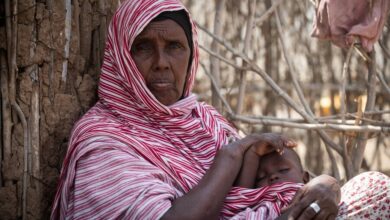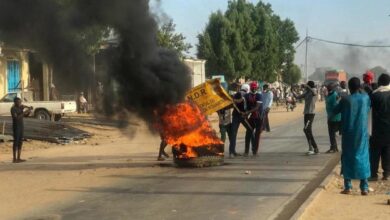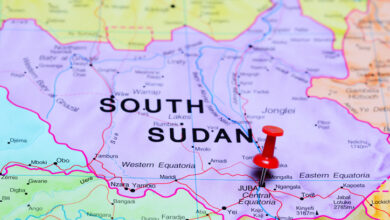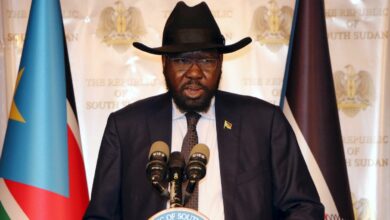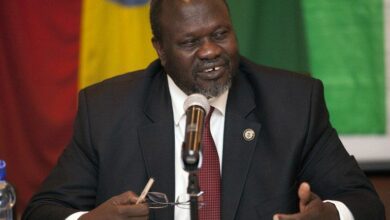South Sudan
South Sudanese President Salva Kiir Integrates Rival Machar’s Officers Into Army
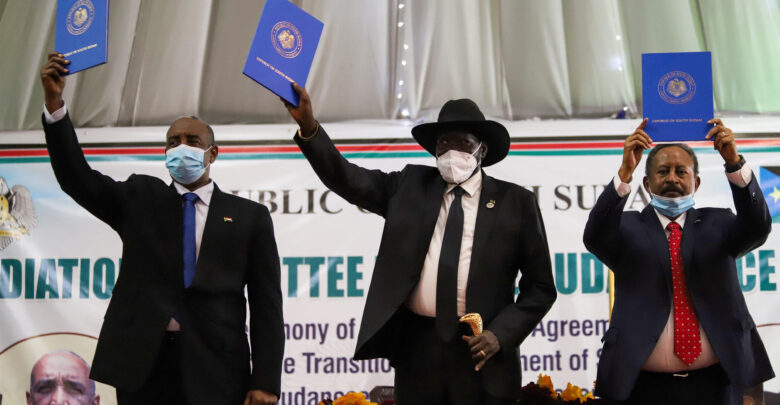
South Sudanese President Salva Kiir on Tuesday ordered military officers loyal to his rival, Vice President, Riek Machar, to be officially integrated into a unified command of the army, state media said, reported Reuters.
President Kiir and Machar’s forces signed a peace agreement in 2018 that ended five years of civil war. But implementation of the provisions of the agreement has been slow and the opposing forces have clashed frequently over disagreements about how to share power.
Fighting has flared in recent weeks. Amid growing international pressure, the two leaders met last week and Machar submitted a list of officers to be absorbed into the security services.
The duo agreed to a deal on the division of top positions within the unified military structure. They agreed to a 60-40 distribution in favor of Kiir’s side of leadership posts in the military, police, and national security forces.
Under the terms of the deal signed on April 3, the graduation of the South Sudanese unified forces should be completed within two months.
Machar’s military spokesman Lam Paul Gabriel said the move would help cease the ongoing ceasefire violations in different parts of the country.
“The SPLA-IO welcome the decision,” Lam told Reuters. “It is really long-awaited. We just hope that this will pave a way forward to the completion of the unification process.”
The next step in line is to graduate SPLM/A-IO soldiers from training centres and integrate them into the army, but details are yet to be worked out, including the precise ratio of troops from each side.
Last month, the UN Security Council voted to prolong its peacekeeping mission in South Sudan for another year.
The UN has repeatedly criticized South Sudanese leadership for its role in stoking violence and has accused the government of rights violations amounting to war crimes over deadly attacks in the country’s southwest last year.


